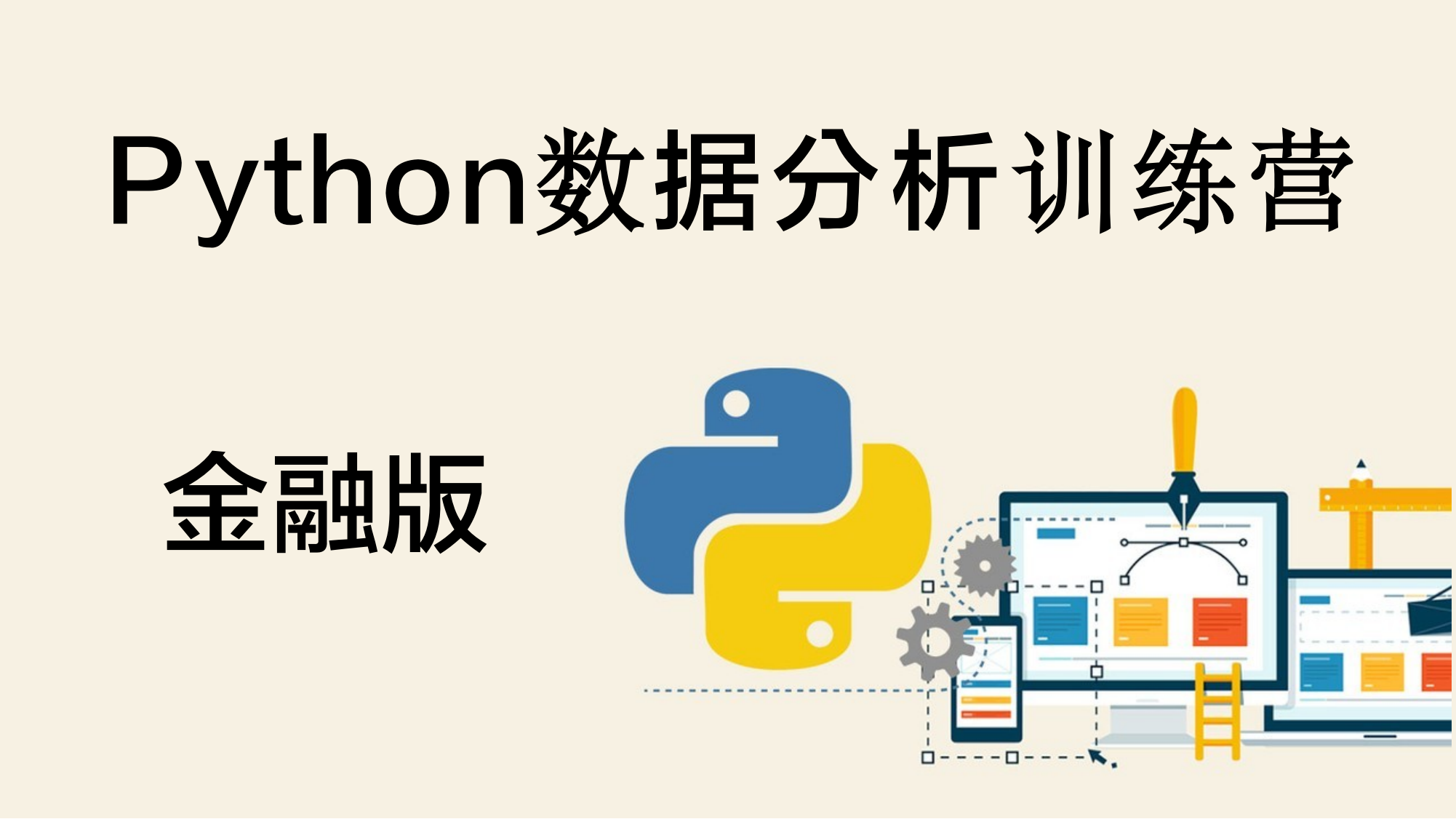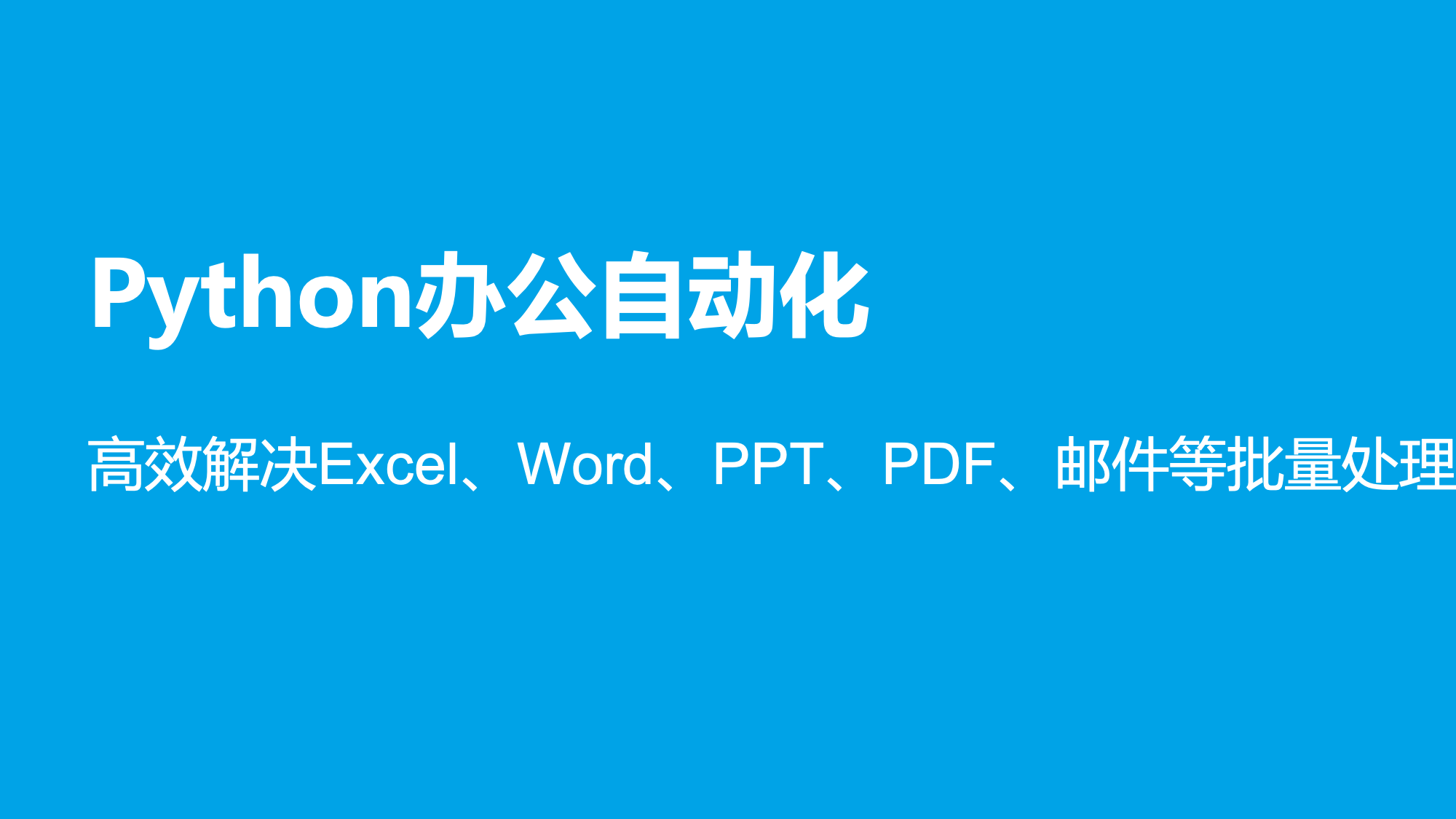[root@kunpeng82 miniNExT]# make deps help2man python-setuptools python-pip [root@kunpeng82 miniNExT]# yum install `make deps`
Installing MiniNExT Dependencies MiniNExT depends on a packages that may not be installed by default with Mininet. To list these dependencies, execute the following in the directoy where you extracted MiniNExT: $ make deps These dependencies can be installed on Debian/Ubuntu by executing: $ sudo apt-get install `make deps` Installing MiniNExT To install MiniNExT, execute the following in the directoy where you extracted MiniNExT: $ sudo make install Uninstalling MiniNExT To uninstall MiniNExT, execute the following in the directoy where you extracted MiniNExT: $ sudo make uninstall Note that the pip package must be installed for this to work. Developer Installation If you're extending or debugging MiniNExT, you likely do not want to install to the system's Python library. Instead, you can run the following command to install MiniNExT in developer mode: $ sudo make develop This triggers the development mode that is provided by the setuptools package, which then creates a link instead of performing a complete installation. However, note that the mxexec and supporting help files are still installed into their respective system paths. To remove, run: $ sudo make undevelop Note: MiniNExT no longer forks Mininet Previously MiniNExT functionality was built by forking and modifying the original Mininet source code. However, this created conflicts with existing Mininet installations and made it difficult to merge in upstream changes. MiniNExT has been redesigned to extend Mininet, and does not impact default Mininet execution.
© 著作权归作者所有
举报
发表评论
0/200





 点击刷新
点击刷新


